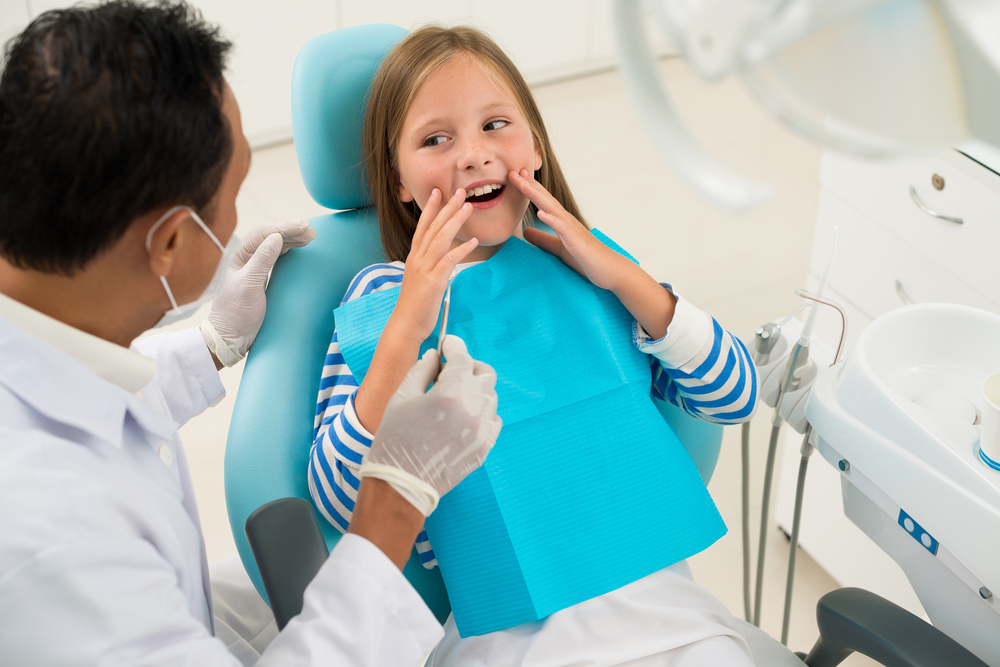Graduates are leaving the Arizona School of Dentistry and Oral Health with an understanding of the benefits of practicing in underserved communities, according to its dean.
And this understanding goes back to the admissions process, during which the dean, Dr. Jack Dillenberg, says prospective students are expected to have experience giving back to communities.
“Our focus with the admissions policy is that applicants will have done a significant amount of community service before they arrive,” Dillenberg told the Arizona Business Daily, adding that the school is as interested in whether potential students volunteered for Boys and Girls Clubs, Special Olympics or similar groups as it is in a letter of recommendation from their chemistry and biology professors.
Dillenberg, a former director of the Arizona Department of Health Services, said his school is focused on producing dentists who will practice or volunteer in underserved communities, including Native American reservations or the inner city. He also seeks out those who will treat patients with special needs, and those who plan service to the military or military communities.
“It is a unique model...we have a social mission,” Dillenberg said of the school, which is part of the A.T Still University in Mesa. It is the only dental school that requires its student to complete a certificate in public health, which they can roll into a masters in the same subject, the dean said.
The private, nonprofit school takes in 76 students a year from 2,000 applications. The current enrollment includes students from 45 different states, with many from rural or underserved areas, Dillenberg said.
While many of the school’s students go into private practices, a significant number go to work in community health centers. The pay is still good, with potential earnings of $130,000 to $150,000 a year, and dentists generally do not default on student debt, the dean said.
Another way for graduates to work for the underserved, particularly patients on Medicaid, is to work for a large dental service corporation that might have franchises across the country. Dillenberg said these organizations tend to have financial muscle to look after patients on Medicaid. Further, graduates do not have to spend time worrying about managing the practice, Dillenberg said.
Graduates are increasingly drawn to these practices and now make up 7.4 percent of all dentists.
Mike Peters, chief operating partner at KOS Services, which manages the business operations for groups of dental practices across the country, including the Dental Dreams brand, agrees that these practices in today's climate.
“At a time when there is a shortage of dentists nationally and only a fraction of dental practices like ours offer services to Medicaid patients, hiring the number of dentists needed to meet the high demand for dental services at our offices can be a challenge,” Peters told Arizona Business Daily. “We find that there is a common misconception that working at a dental practice that focuses its efforts and resources on serving disadvantaged communities is somehow less profitable."
Peters said the compensation structure for our dentists is highly competitive within the industry.
"We find that when we are able to make dentists and dental students aware of the compensation and benefits at Dental Dreams, they are eager to pursue opportunities with us,” he said.
Peters said Dental Dreams devotes significant resources to working with dental schools and associations to reach out to students and practicing dentists to emphasize the benefits of working in underserved communities.

